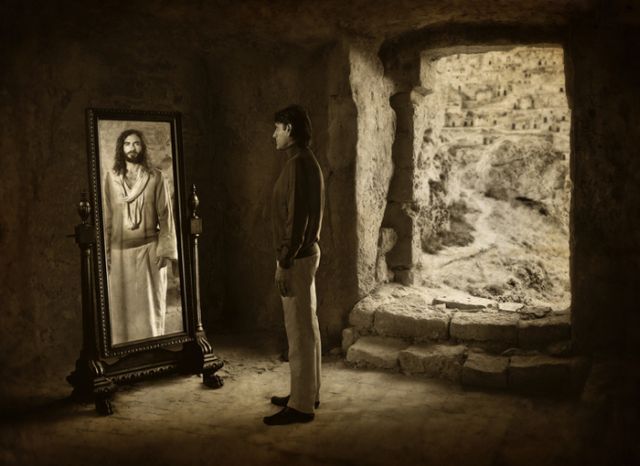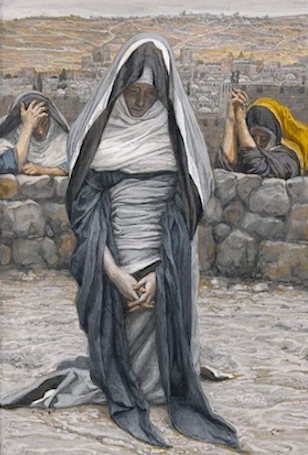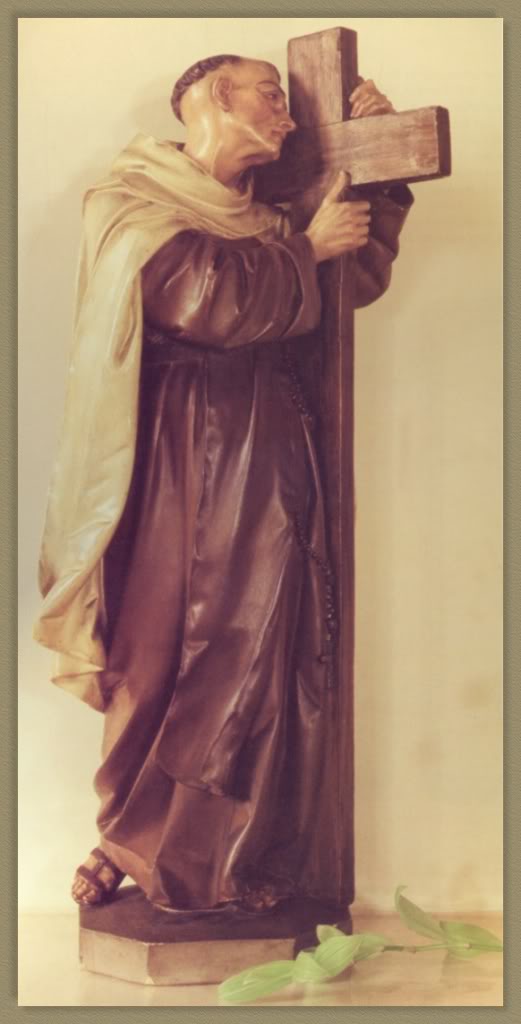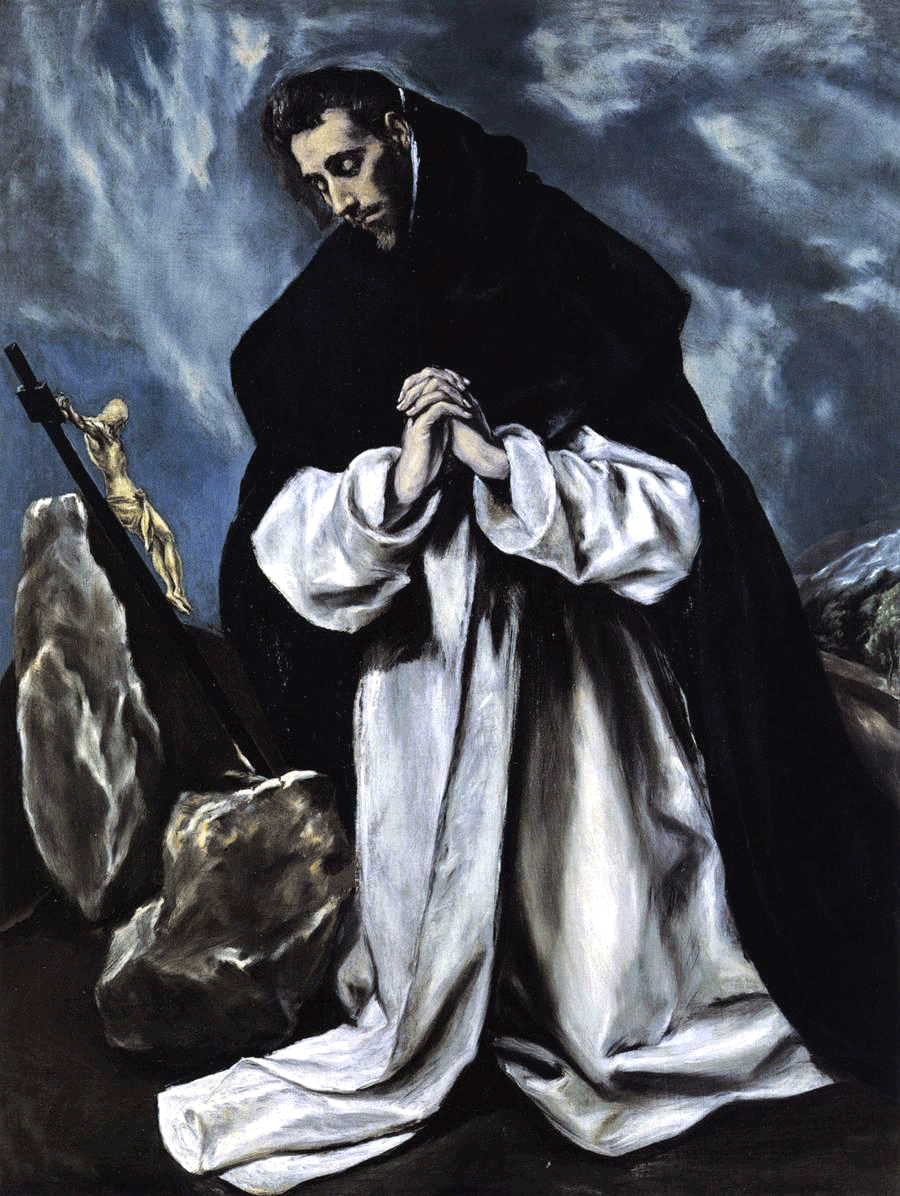Preparing for North Dakota, I am perusing a delightful French novel, ‘Woman of the Pharisees’, intrigued by the author Francois Mauriac. A twentieth century writer, contemporary to Albert Camus and Elie Wiesel, Mauriac wrote as a devout defending Catholic. Interestingly, his granddaughter is Anne Wiazemsky, lead in Bresson’s ‘Au Hasard Balthazar’, a film I recently enjoyed at the Cleveland Cinematheque. Mauriac’s writing style trends toward stark realism, revealing the dark side of human nature, especially poignant when focused upon pious individuals corrupting through their commitment to faith. He is fearless in exposing those dedicated to the Church based upon the imposition of free will. Avoiding the stain of negativism and self-righteous judgment, his words present spiritual insight and enlivening lessons for those advanced in the spiritual life, a relief and recognition awaiting those experienced in Catholic socializing. The characters are recognizable. I am taking a break from spiritual reading, creating mental space before North Dakota, enthralled by being captivated by a novel. I have also been listening to Fyodor Dosteyevsky’s ‘Notes From the Underground’ while driving. A harsh quote from EWTN regarding Mauriac’s sensibility. Keep in mind, within his sternness, I find a loving and compassionate nature tendered by Mauriac toward his characters.
Mauriac was a man of orthodox faith and constant practice…Yet many of his novels dismayed Catholics with their pessimism, their presentation of vice in all its turpitude, and his continual near obsession with sin. But there was no mistaking the fidelity with which he represented the realities of living and showed that no kind of happiness is possible without God. He displayed the squalor and emptiness of souls from which faith is missing. He exposed the misery and horror prevailing in some families which are outwardly in order.
It has been well said that Mauriac is not a novelist of the human condition, but of the human exile. He does not depict man’s humanity: he depicts his fall, his loss of grace, his deprivation of paradise, his concupiscence, and the sad weight of heredity which lies upon his free will. He showed the power of the flesh and its apparent incompatibility with love for God; he described the final vanity and despair of passion….Mauriac wrote: “Every human love sets up a block against the one Love, and so involves and marks its own destiny.” But the same human souls which he studied with such pitiless pessimism when at their lowest and in their greatest misery, are forced to raise their heads, to look up. His constant purpose was to show the contrary of all that sadness: to demonstrate the value of Christ’s words “Without me you can do nothing” and to do so by means of human decadence.
In the ‘Woman of the Pharisees’, Brigitte Pian, stepmother to the narrator Louis telling the story of his youth, is exposed as a woman preoccupied with religious domination. Her greatest spiritual exercise is Lording over the destiny and thoughts of others. A woman demanding recognition as a virtuous, impeccable leader of the Church, she is only happy and expressive in faith when controlling. She puts much effort, thought, and time into her conniving and manipulating, extending herself into the authority of the Church in order to further personal agendas. She never took a step she could not immediately justify. Within brokenness, she forcefully determines it is her destiny to direct souls. Her words and advice provide grace for those placed under her guidance. A woman who presents herself as one who cannot be questioned is revealed by Mauriac as one who must be questioned. The quoted section is brilliant in subtle insight, the unmasking of repugnant spiritual corruption. It is astounding the novel fell into my lap.
…Brigitte Pian had plenty to occupy her. The days were too short for her happy task of helping a man straighten the tangled skein of his private problems. She felt that she was not wasting her life, that she was to make clear to others what God had planned for them from the beginning of time. Here, at her very door, was an unrivaled opportunity for her to show her mettle, though she fully realized the dangers involved. She was perhaps, too satisfied in the part she felt called upon to play. Not that she was guilty, even in the smallest degree, of self-indulgence: still, at first she did seem to be deriving too much satisfaction from Monsieur Puybaraud’s way of listening to her as to an oracle. But, alas, his meekness was superficial only. Very soon it was borne in on Brigitte Pian that she was dealing with a less submissive sheep than she had at first supposed. “He is a wandering soul,” she told herself in the course of the second week. She even went so far as to accuse him of deliberately setting his face against the operations of Grace—by which she meant her own advice.
It was Brigitte Pian’s way to drive reluctant souls on to the mountain tops (that was how she phrased it), and she made it her duty to open Monsieur Puybaraud’s eyes to that special trick of the Devil which takes the form of enlisting against a Christian sinner the very sense he has of his own humility. My master was convinced that previously he had had too high an idea of his own strength when he had felt himself called upon to eschew the normal destiny of mankind. He felt that it was his duty, while there might yet be time, to find his way back to the beaten track marked out by those who had gone before him and, like them, to take himself a wife, have children, and watch over them as a bird watches over its brood. But Brigitte Pian knew well that it is sometimes necessary to tear from human souls that mask of spurious humility behind which they take refuge. She declared, as though she had been the very mouthpiece of God, that Monsieur Puybaraud had been taken from his school work only because, from all eternity, he had been destined for the life of the cloister. She assured him that he had to face one problem and one alone—at what door should he knock? To what Order should he make his submission?









Recent Comments